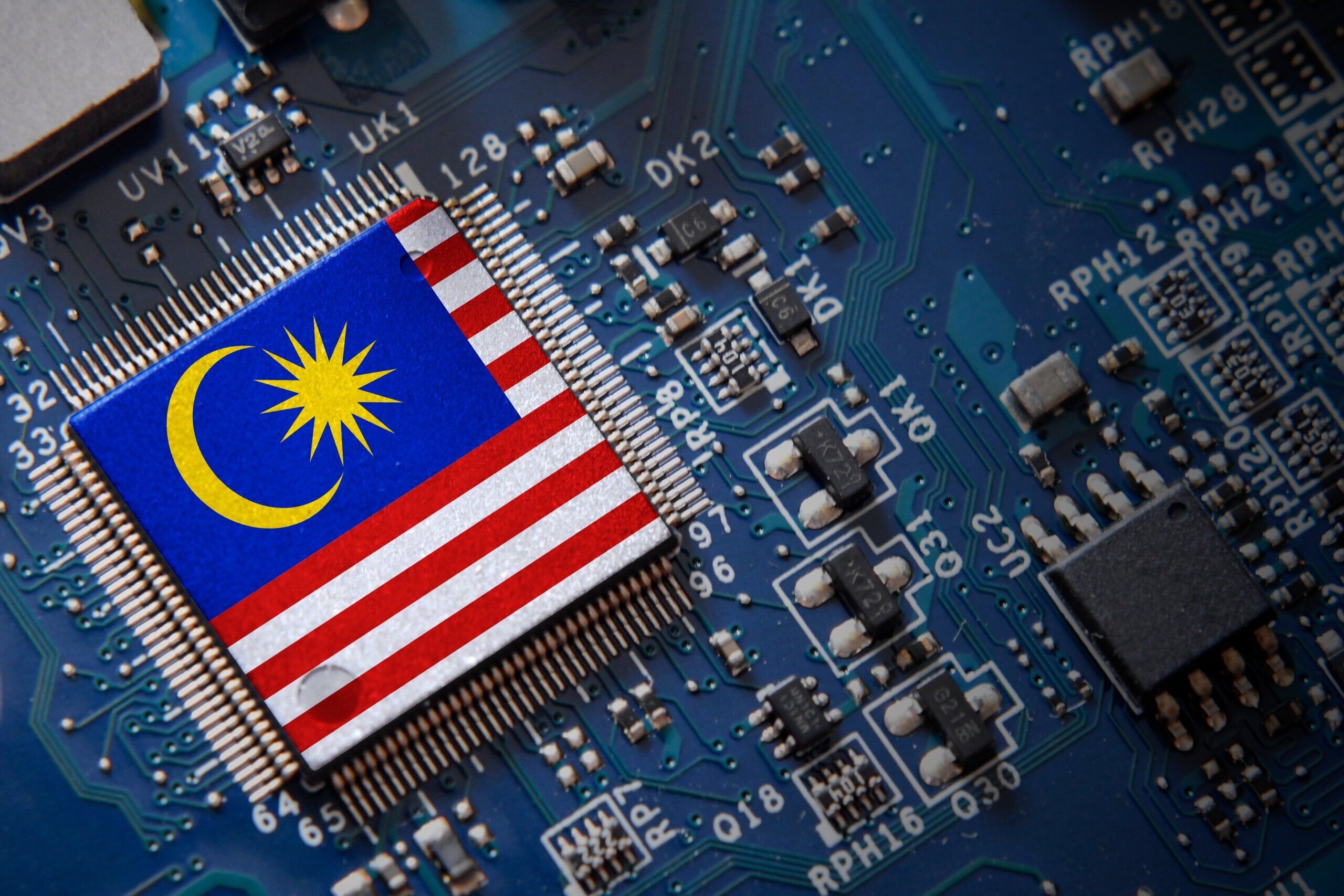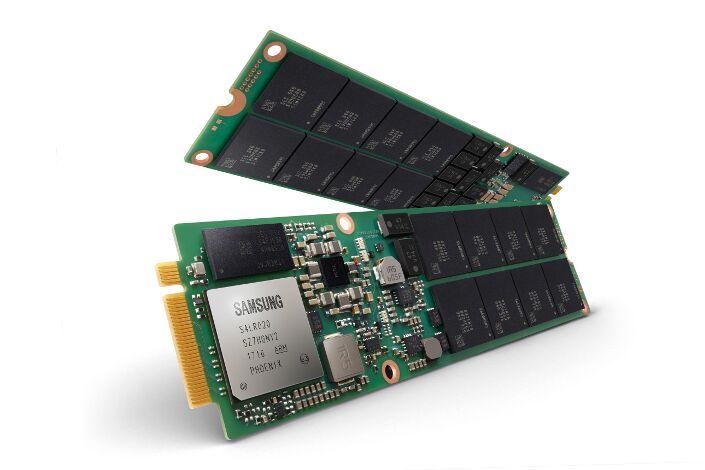October 14, 2025 /SemiMedia/ — Malaysia warned that removing the U.S. tariff exemption on its semiconductor exports could weaken its competitiveness and strain supply chains, according to an economic outlook report released with the 2026 national budget.
In August, the U.S. imposed a 19% tariff on goods imported from Malaysia, though semiconductors and several other key items remain temporarily exempt pending a national security review. President Trump also proposed a 100% tariff on imported chips but said the measure would not apply to companies that already have or plan to establish manufacturing operations in the United States.
The Malaysian government said that lifting the exemption “could have negative effects, reduce competitiveness, and pressure industries closely integrated with U.S. supply chains.” As the world’s sixth-largest semiconductor exporter, Malaysia’s chip sector plays a critical role in global manufacturing and packaging operations.
The report estimates that U.S. tariffs could reduce Malaysia’s GDP growth by about 0.76 percentage points and expects both imports and exports to decline in 2026. The government has revised its 2025 growth forecast down to between 4.0% and 4.8%, with 2026 expected to stay in the 4.0%–4.5% range.
To mitigate risks, Malaysia is exploring new semiconductor cooperation with emerging markets such as India and Brazil, while seeking dialogue with Washington to maintain the tariff exemption. Industry analysts say the ongoing policy uncertainty may push multinational chipmakers to reconsider their supply chain strategies and shift production to regions with more stable trade conditions.












All Comments (0)